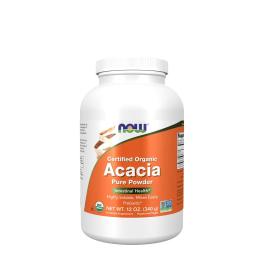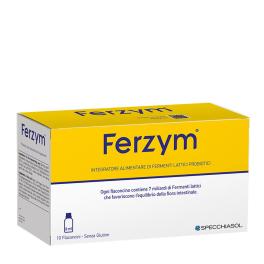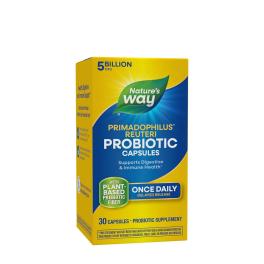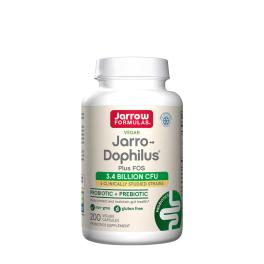Dietary fibre is a plant carbohydrate that we get from food. Fibre is made up of sugars, but is so complex that our bodies cannot break it down.
There are two types:
Water-soluble fibres are fermented by gut bacteria - these are called prebiotics because they feed the 'good' bacteria in the gut, helping digestion. Fermentation produces short-chain fatty acids, which are used by the muscle, colon and liver. In this way, prebiotics stimulate the function of these cells.
They are a source of water-soluble fibre:
- Fruits
- Oatmeal
- Barley
- Peas and beans
- Vegetables
- Root vegetables
Water-insoluble fibres cannot be fermented, including cellulose and lignin.
Sources of cellulose:
- Fruit peel
- Corn
- Potatoes
- Whole grains
Sources of lignin: seeds.
A high fibre diet can have the following benefits:
- Intestinal motility: water-insoluble fibre maintains proper bowel motility, regardless of the fact that it does not dissolve and collects water, thus moistening the stool. They prevent constipation.
- Reduces the risk of rectal cancer and haemorrhoids.
- Cholesterol levels: soluble fibres bind to cholesterol molecules and prevent their absorption. This helps lower cholesterol levels.
- Insulin housekeeping: soluble fibre slows down the absorption and digestion of food, thus reducing the blood sugar raising effect of food.
- Digestion: soluble fibre makes stomach contents viscous and increases the time stools spend in the intestines, signalling to the brain that digestion is still going on and not to come back for more food.
A high-fibre diet is when the amount of fibre ingested from food exceeds the recommended intake. Unfortunately, the vast majority of people consume half of the recommended intake.
For adult women, the recommended minimum fibre intake is 25 grams. For adult men: 38 grams.
If you do not eat enough of the above foods and feel that you are not getting enough fibre from food alone, it is worth taking dietary fibre in the form of a supplement. We offer a wide range of dietary fibre and prebiotic preparations.
As well as increasing your fibre intake, it is also important to increase your water intake, as we have just seen that fibre binds water. Drink at least 1 litre more per day.























